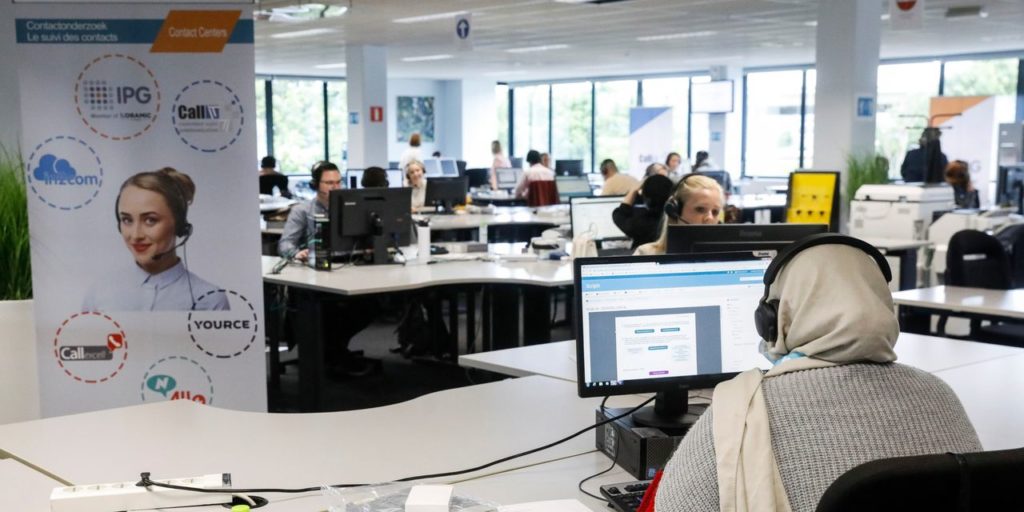Belgium's contact tracing strategy is not as efficient as desired, according to critics who say lack of coordination and training mean the country's "corona detectives" are not contacting people quickly enough.
Less than a month since it began operating on 11 May, doctors and health officials are already pointing out flaws in the system which risk hindering authorities' ability to keep tabs on the virus.
Related News
- Infected Belgians 'seem afraid' to reveal their contacts to tracers
- Contacts of infected people should also be tested, says virologist
- Contact tracers have contacted half of coronavirus patients
A doctor in Flanders told De Standaard that after testing positive for the virus, one of his patients had still not heard from contact tracers for two days (or five, counting the weekend).
The doctor expressed concern over the fact that it was not known how much time on average it took contact tracers to reach out to a patient.
But rapidly reaching out to the contacts of Covid-19 patients and limiting their social contacts, in turn, is the core principle to the test and trace strategies.
A recent study published by researchers at the University of Oxford found that for effective epidemic control, contact with an infected patient should be done within two days of a positive test result.
Additionally, a lack of training also means that contact tracers are not always able to get the most out of each phone conversation.
Previously, health officials have pointed out that some contacted patients appeared reluctant to fully disclose their contacts, suspecting some people were afraid of being "reprimanded or judged" for seeing too many people.
These gaps of information are meant to be filled by field agents who pay people home visits, but here again, officials point out inconsistencies or incomplete procedures.
"There are between 30 t0 40 visits a day and that is not enough," said Joris Moonens, spokesperson for Flanders' regional health agency, which coordinates home visits and phone calls in the northern region, in the image of its Walloon and Brussels counterparts.
To do so, the regional health agencies first draw the data on incomplete or unsuccessful phone contacts from a centralised database managed by federal authorities.
According to Moonens, the data flow between the federal and regional levels "still needs to be fine-tuned" to make the tracing efforts as efficient as possible.
The low numbers of new daily infections and hospitalisations reported by federal authorities give the contact tracers some respite, but the system's loopholes could put tracers under stress if cases were to rise again, as the country moves forward with relaxing the lockdown.
Gabriela Galindo
The Brussels Times

